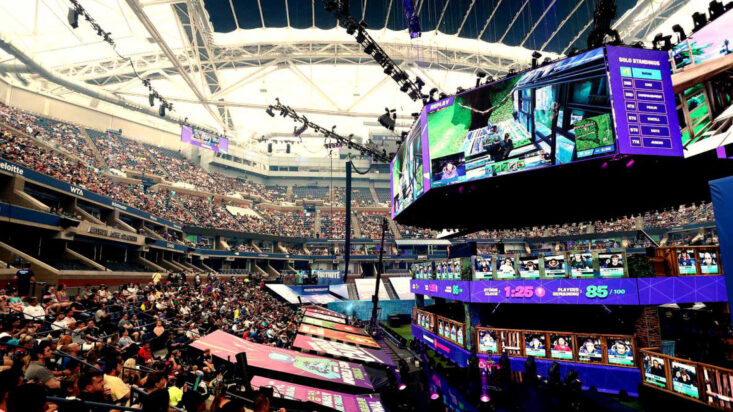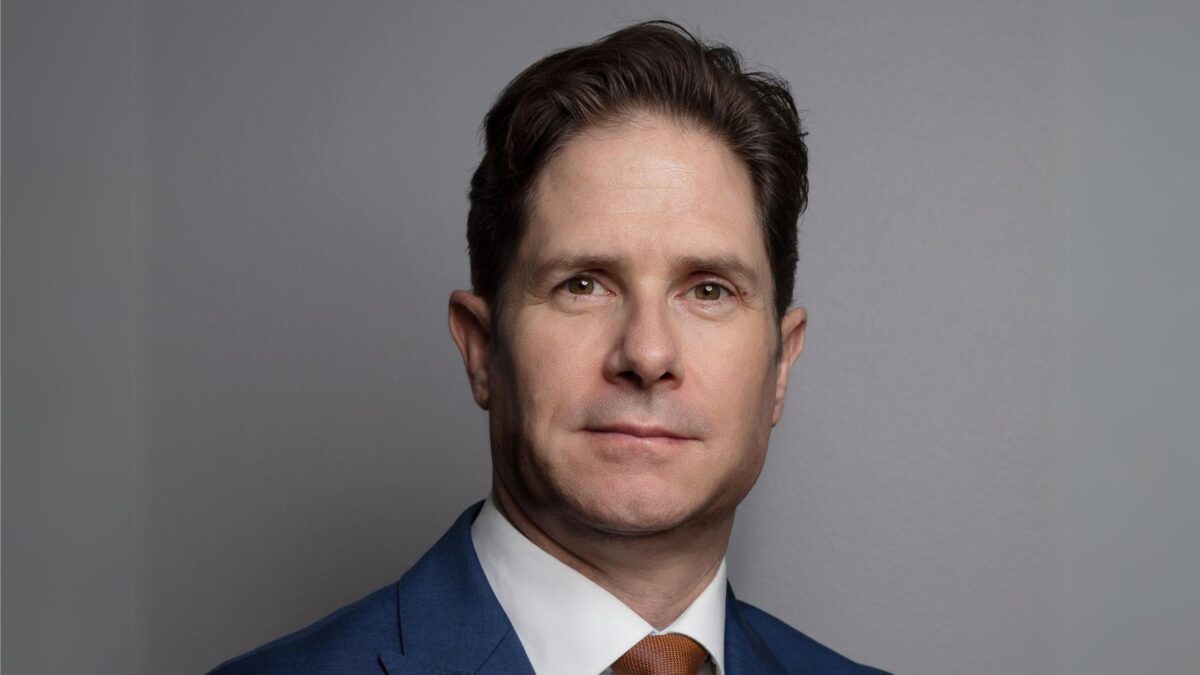Introducing the NEATs
Video games have traditionally been associated with laziness, requiring someone to stay at home in a dark room when they could be doing more ‘productive’ things with their lives. How things have changed!
The 2019 Fortnite World Championships attracted 40 million entrants chasing a US$30 million ($41 million) prize pool, with the finals televised in front of a live audience exceeding 23,000 people. This is only the tip of the iceberg. The days of video games being dominated by teenage boys and middle-aged men are long gone, replaced with one of the fastest-growing sectors in the global economy.
If there has been one investing lesson from the 2000s thus far, it is the importance of identifying and being exposed to the most powerful economic trends; there is little doubt E-Gaming or E-Sports is one of them. According to data analyst NewZoo, the e-gaming sector has now surpassed the value of the Movie and Music industries combined. It is the fasting-growing sport, physical and virtual, in the world. The sector is unique in that gaming is no longer the solitary endeavour it once was: rather, virtual worlds are quickly replacing social networks where children and adults can connect with their peer groups. This has only been made more important as almost every country in the world is restricted during the COVID-19 lockdowns.
There are four clear leaders in the e-gaming space best described as the NEAT four; Nintendo Co. Ltd (TYO: 7974), Electronic Arts Inc. (NASDAQ: EA), Activision Blizzard Inc. (NASDAQ: ATVI) and Tencent Holdings Ltd (HKG:0700). For the uninitiated, the most popular titles in order include the Super Mario or Pokemon series, FIFA and Madden titles, Call of Duty and Fortnite, among others. Yet the sector is far deeper than just those who create and distribute video games. It includes everything from the creators of content and the software providers that enable this, the producers of semiconductor and graphics chips that power these games, professional e-sports teams, including Manchester United, online streaming services like Twitch, console manufacturers like Sony and Microsoft and of course, the venues that house the growing tournaments.
To provide some context around the growth of the industry, gaming itself is split into five key sub-sectors:
- PC Browser Games – a $3 billion market in 2019, which saw a 13% fall in sales;
- Downloaded PC Games – a $33 billion market, which grew sales by 7%;
- Smartphone Games (think Candy Crush) – a $64 billion market that grew 16%;
- Tablet Games – a $14 billion market that grew 2.7%; and
- Console Games (XBOX etc.) – a$45 billion market that grew 7%.
Overall, the sector has grown 12% a year since 2015, far exceeding the performance of the global economy. The latest earnings season offered a unique insight into the powerful growth occurring within the sector, with the NEAT group offering the following highlights:
- Nintendo (TYO:7974) reported a 428% increase in quarterly profit and 108% increase in sales amid a boom in gaming as the world was stuck in lockdown. It also had five games in July’s top 10 best-selling games list.
- Electronic Arts reported 70% year-on-year revenue growth to $1.4 billion for the June quarter and a 104% increase in user growth during the lockdowns.
- Activision Blizzard – Announced 270% growth and $536 million in new in-game spending after its Call of Duty franchise hit 100 million users. Group revenue grew 20% after World of Warcraft also delivered a strong quarter.
- Tencent – Smashed all estimates, boosting revenue by 29%, the fastest growth in two years, The company’s online gaming division, which owns Fortnite creator Epic Games, grew at 40%.
Looking a little deeper, it becomes clear why gaming companies are receiving so much attention. On the one hand, traditional value investors aren’t able to value them, as they do not have ‘tangible’ assets -everything they create is in the form of intellectual property. The result is a higher-margin business, with return on equity exceeding 15% for Activision and 24% for Tencent, little in the way of dividends and revenue growth well above 20% year on year.
Given the incredible growth rates and the fact that some 60%+ of sales now occur online, you would be forgiven for thinking that these companies would already be well reflected in the benchmark indices like the Nasdaq 100. That’s not the case, with the likes of Activision (0.6%) and Electronic Arts (0.4%) barely registering.
For Australians seeking to invest in the sector, the opportunities are limited: either invest directly into US-listed stocks or use a fund manager like Nick Griffin of Munro Partners, who identified the trend in 2017, noting the following on Activision:
“They own great content with great communities around the content that they can leverage, not only just into further games sales, but advertising and also e-sports”.
Alternatively, Van Eck is set to release an Australian version of its E-Sports or ESPO index, trading under the same code, which will offer a direct exposure to every part of the e-gaming sector.











